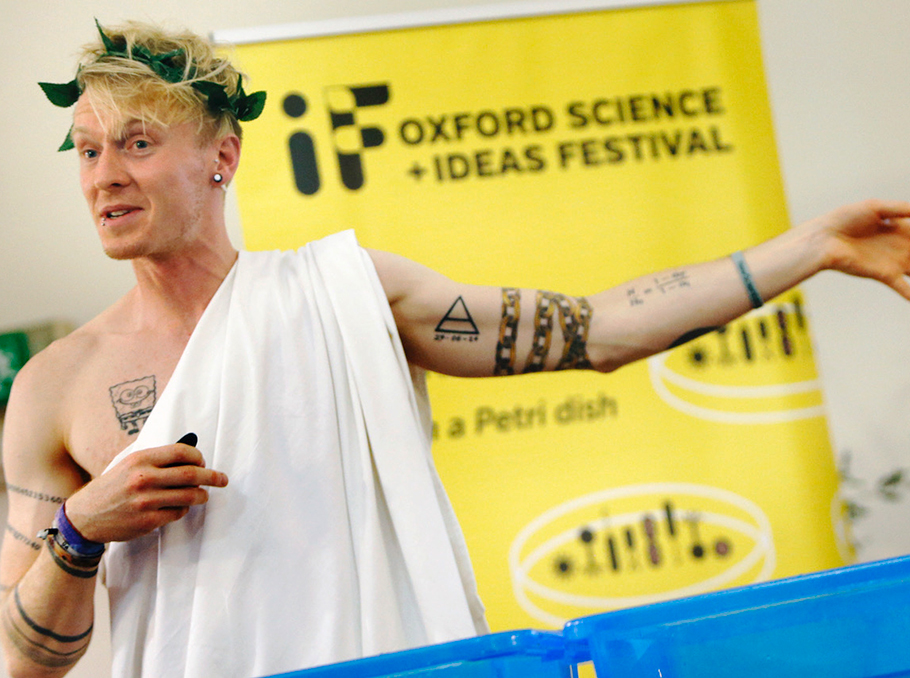I met Dr Tom Crawford in the summer of 2019 in Saint Petersburg, where I traveled for the press tour organized for science journalists by ITMO University. When I told Tom that Mediamax ran a special project telling about young Armenian mathematicians and their efforts to advance the science, Tom revealed that he was a math tutor at University of Oxford and had a YouTube channel (@tomrocksmaths) with video lessons presented in a fun and comprehensible way. After the Naked Maths project, Tom became known online as the Naked Mathematician. Through that project he is trying to break stereotypes and present mathematics as an entertaining field.
Dr Tom Crawford has talked to Mediamax for the MathArt project about his love for mathematics and the importance of learning it and shared his secrets of being an entertaining teacher.
The love for maths
My first memory of math comes from primary school when I was around 8 years old. We were learning about long multiplication and the teacher set a series of exercises for us to work through in the textbook – I think around 2 or 3 pages of questions. I worked my way through the first page, then the second, then the third, then the fourth, the fifth – I just kept going as I was enjoying myself until eventually, I had finished the entire book!
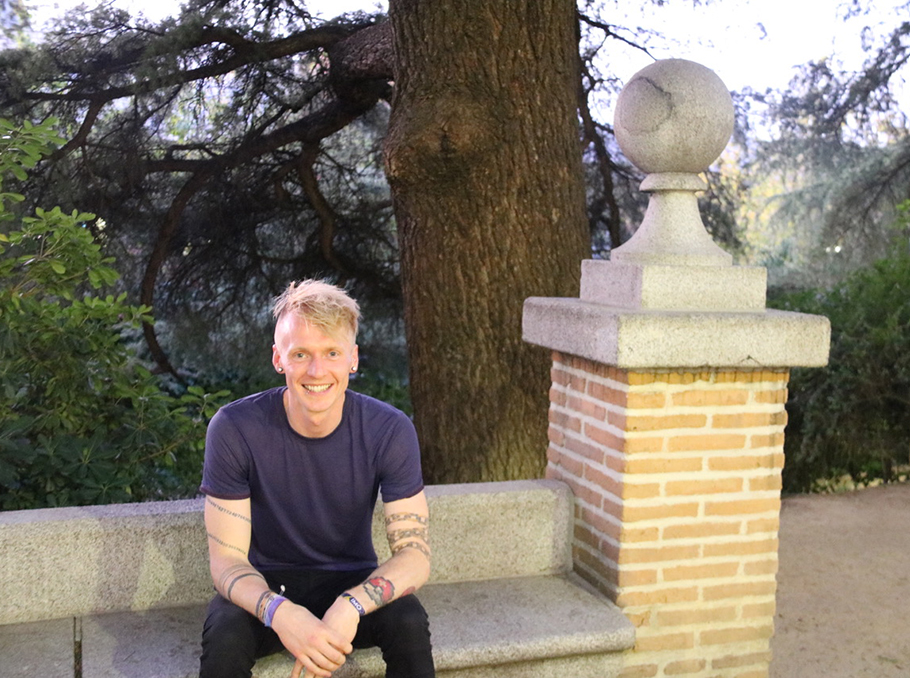 Tom Crawford
Tom Crawford I certainly don’t recall ever being labeled a ‘genius’ or receiving any special treatment at school - I always worked hard, enjoyed learning and tried my best in every subject, although maths just always felt the most ‘natural’ to me. I certainly found it much more enjoyable than the other subjects which meant that it felt less like ‘work’ and more like a hobby compared to say English.
In terms of choosing maths, it didn’t ever feel like a ‘choice’. It was always my favourite subject, it seemed to fit the best with how I saw the world, and most importantly, I enjoyed it more than any other subject. I think I knew from the start of high school that I was always going to study maths – no other subject ever really had a chance!
Mathematician’s way of thinking
One of my favourite ways I’ve heard a mathematician described is someone who searches for patterns in the world, which for me perfectly describes how a mathematician thinks. When working for the BBC I took part in a psychology study which linked the way that your brain works with your taste in music. Being a mathematician, we expected my brain to operate through the identification of patterns, and the psychological test confirmed this through the way that I make decisions and the way that I perceive the world. The researcher was then able to perfectly predict my taste in music as heavy rock which contains complex patterns and high levels of intensity. This is of course not true for all mathematicians, just as each person has a unique personality, but I found it to be very revealing about my perception of the world due to my mathematical background.
 Tom Crawford
Tom Crawford Something else that I have heard recently on this topic, which really resonated with me, was the importance of creativity in the work of a mathematician. The majority of people see maths as a very logical subject, where each step follows from the previous in an almost pre-determined manner. Whilst this is certainly true to some extent: when working on a difficult problem, the key insight required to spot the entrance to this ‘logical pathway’ is often far from obvious and requires a great deal of creative thinking on the part of the mathematician. The work of great mathematicians such as Newton and Einstein required incredible creative leaps to imagine forces and interactions that were invisible to the human eye.
The importance of learning maths
The importance of being numerate in life cannot be understated. Regardless of your path in life, you will be required to understand numbers in the context of finances, and being mathematically literate enables you to make better financial decisions. These do not even have to be major decisions, such as buying a house or taking out a loan, but simple things such as what it means for an item to have 20% off in a sale, or being able to calculate the denominations of currency required to make the correct amount of change for a purchase. All of these things are mathematical in nature and by doing these calculations everyone is using maths in their daily lives.
Another research study that I have seen recently looked at the effect of your level of mathematical education on your ability to make decisions. The study found that those who achieved higher scores in a statistics course at university were more likely to make better all-round decisions later in their lives, even including those that were not directly related to finances or numbers. Studying maths to a higher level meant that you were less likely to smoke, more likely to exercise regularly and more likely to practice safe sex. The researchers believed that being more literate with numbers meant that people had a better understanding of the risks associated with their behaviour - for example, the risk of lung disease from smoking, or heart disease from a lack of exercise – and as such were able to make better-informed decisions. I particularly like this study as it shows the effect that learning mathematics can have on your life in a very practical way, and in areas that you wouldn’t normally associate with the subject.
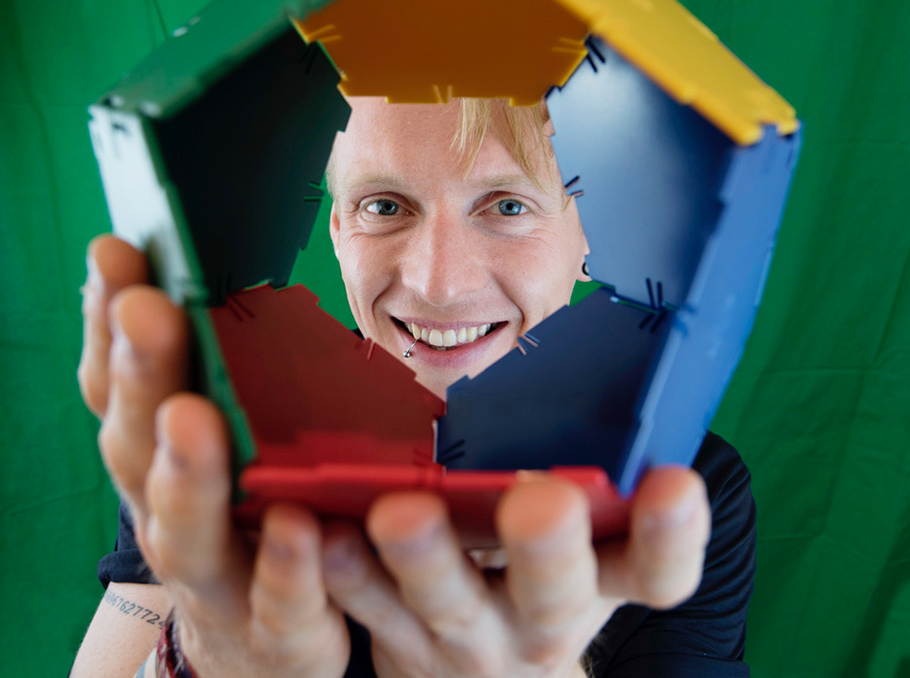 Tom Crawford
Tom Crawford Attract more students
The key to maths education is to tell stories. Teaching through storytelling is an incredibly powerful tool and one that is not used enough in the subject of mathematics. For example, when teaching trigonometry, rather than just stating the formulae, why not explain WHY they were needed in the first place – by ancient architects trying to construct monuments, by explorers trying to estimate the height of a distant mountain – these are the reasons that mathematics was developed, and I think that teaching it through these stories will help to engage more students and attract them into the discipline.
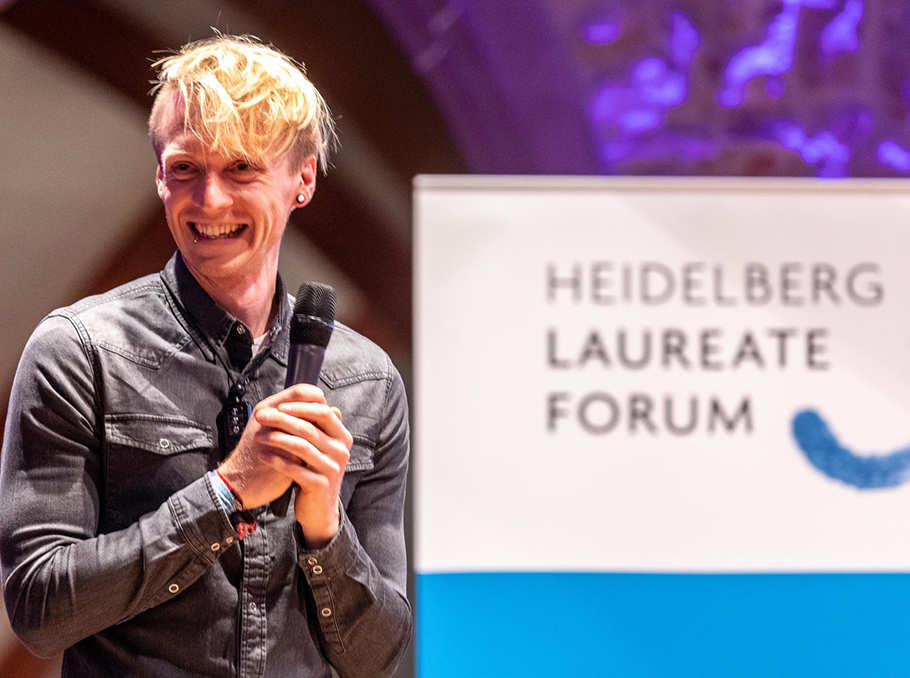 Tom Crawford
Tom Crawford Another very important aspect of teaching the subject (and this is in fact true for all subjects, not just maths) is to present it in a way that resonates with your audience. For example, take the subject of my research – the Navier-Stokes Equations (NSEs). For students who have no real interest in mathematics, I try to get them to engage by explaining the $1-million prize that can be won by solving these equations. For students who have more interest in real-world applications such as in Engineering or Biology, I tell them about how the aerodynamics of a vehicle or the delivery of a drug in the bloodstream relies on an understanding of Fluid Mechanics and the NSEs. If the students are fans of the sport, I can explain how the equations are used to explain the movement of a tennis ball through the air, or for testing the perfect formation in road cycling. And for students who are already keen mathematicians, I would explain how the equations work in almost every situation, except for a few extreme cases where they result in ‘singularities’, which as a mathematician are the ones that you are most interested in understanding. When a topic is presented in a way that aligns with the interests of your audience, it immediately appears more exciting and interesting, and as such will help to change their perceptions of the subject.
‘Tom Rocks Maths’
There are many branches to my work with ‘Tom Rocks Maths’, but the overriding theme is that maths doesn’t need to be taken as seriously as most people think. Whilst I do not wish to perpetuate the stereotype of a mathematician, the subject, in general, is in need of a facelift to make it more fun. Maths has an incredible power to be able to describe almost everything in the universe and yet most people see it as dull, boring or even scary. Through my YouTube videos bringing Fluid Mechanics to life, my performances as the ‘Naked Mathematician’ and my ‘Funbers’ series on BBC radio, I want to have fun with the subject. I want people to watch my videos and not only be amazed at what they have learnt, but also be entertained by what they are watching. If a subject feels like work then you are less likely to enjoy it. I’ve been fortunate enough that maths has always felt like more of a hobby than work, and through ‘Tom Rocks Maths’ my aim is to try to make others feel the same.
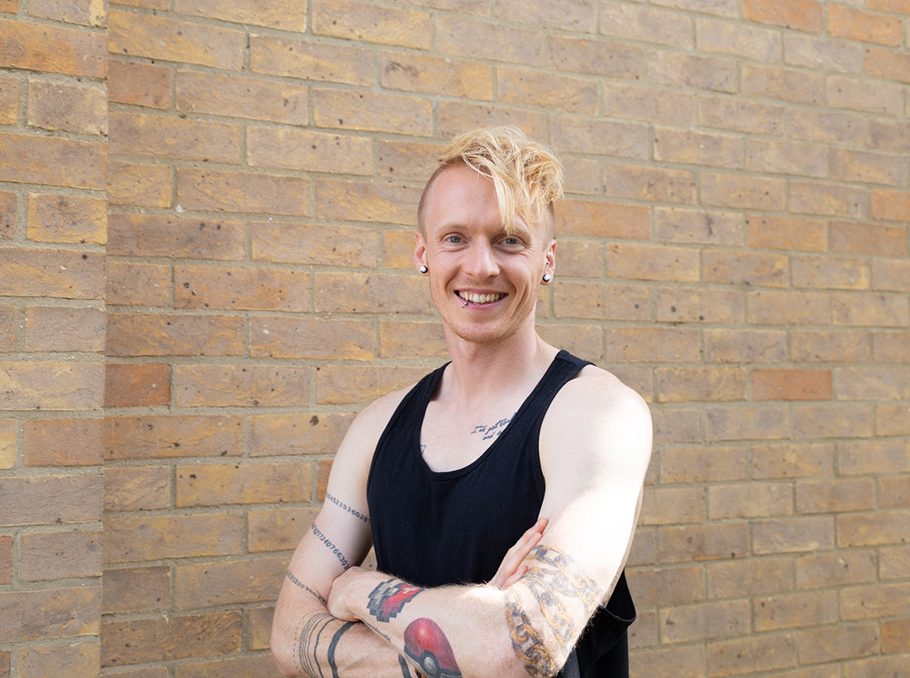 Tom Crawford
Tom Crawford Increase funding in education
The key to developing a scientific programme in any country is to first increase funding in education so that more of the population have access to the tools that they need to be able to make progress in the discipline; and second, to increase awareness of the importance of the subject across the general population. By making more people aware of the need to develop mathematics, support for the programme will increase and more people will see a career in mathematics as something that is both obtainable and held in high regard. This change in attitude is perhaps even more important than the increase in maths-based initiatives and opportunities, as without the support of the population they are destined to fail regardless of the amount of money spent on their implementation.
 Tom Crawford
Tom Crawford It is great to hear that mathematics is becoming more popular in Armenia and I hope that interviews such as this will help to further raise its profile!
FAST Foundation is the general partner of the project

Marie Taryan
Photos: Tom Crawford’s personal archive









